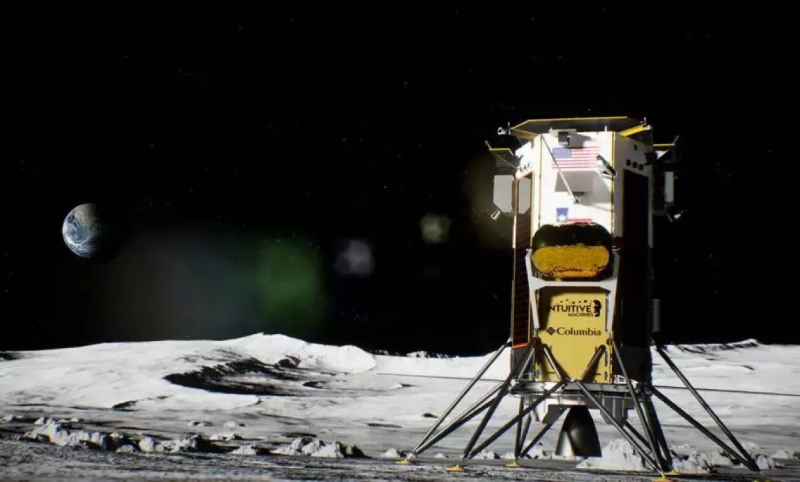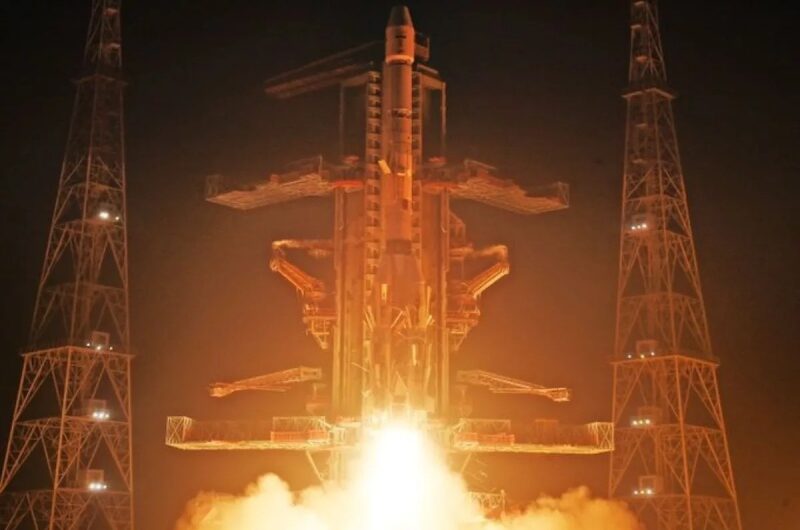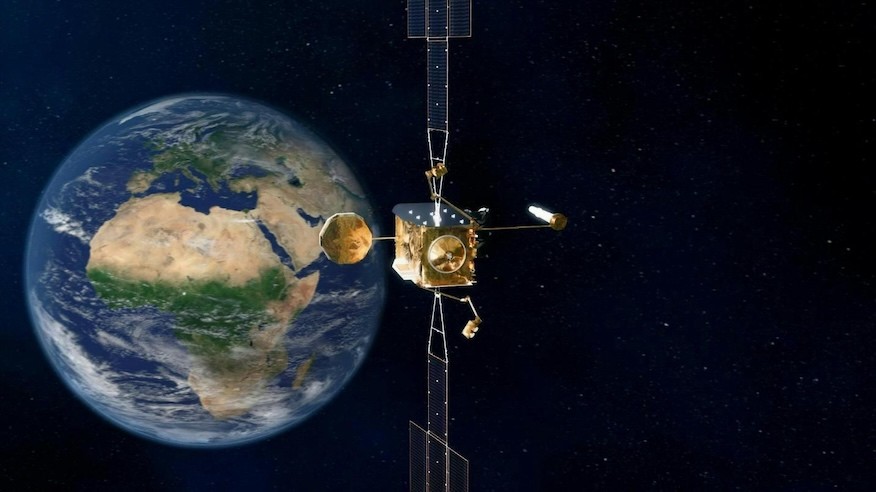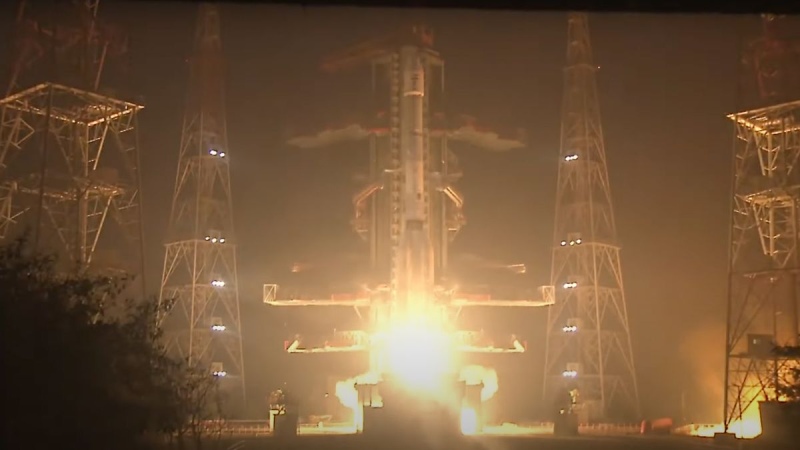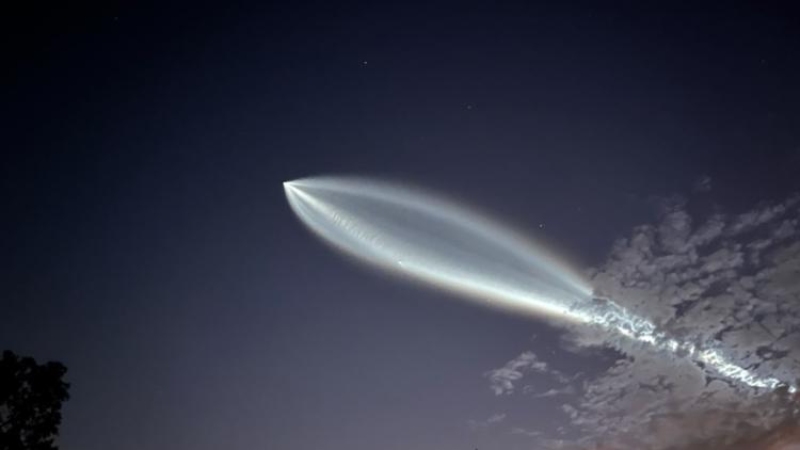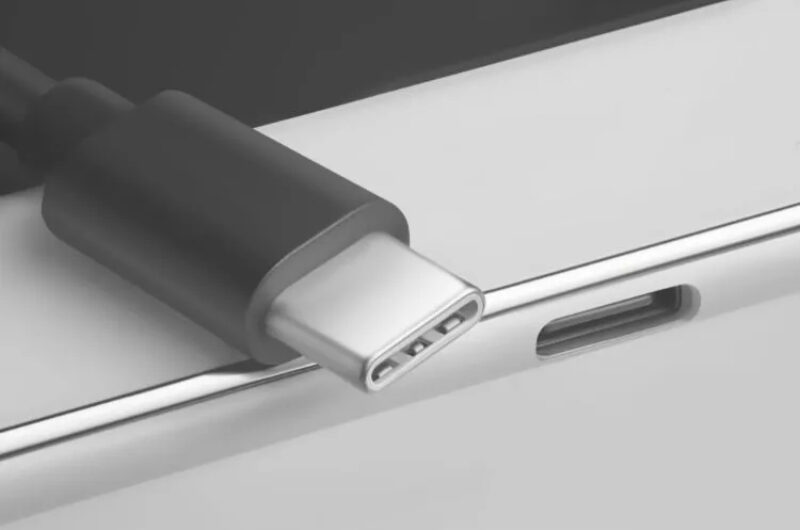Nokia Bell Labs and Intuitive Machines have successfully integrated Nokia’s Lunar Surface Communications System (LSCS) into Intuitive Machines’ Athena lander for its IM-2 mission to the Moon. The development of lunar communication technology has advanced significantly with this.
After months of rigorous testing, the LSCS “network in a box” was securely installed on Athena’s upper carbon-composite panels. Special measures were implemented to ensure the system could endure the 239,000-mile journey to the Moon, as well as the stresses of takeoff, landing, and the harsh lunar environment. According to a statement, thermal isolation at the 14 mounting points keeps the system insulated from deep space’s frigid temperatures. The LSCS is also integrated into Athena’s Thermal Protection System to manage heat effectively, both during operation and while idle.
The LSCS modules have been deployed on two lunar mobility vehicles: Intuitive Machines’ Micro-Nova Hopper and Lunar Outpost’s Mobile Autonomous Prospecting Platform (MAPP) rover. Once on the Moon, these vehicles will establish connections with Athena, utilizing the same 4G/LTE technology commonly used on Earth but adapted for lunar conditions. This network will support high-definition video streaming, command-and-control communications, and telemetry data transfer between the vehicles and Athena, with the data relayed back to Earth via a direct-to-Earth transmission system.
One of the mission’s objectives is to explore the Moon’s resources, including water ice. The Micro-Nova Hopper is equipped with sensors to descend into shadowed lunar craters, scanning for hydrogen concentrations indicative of ice deposits. The collected data will be sent to Athena and thereafter to Earth via Nokia’s network. Meanwhile, the MAPP rover will map the Moon’s south pole and collect environmental data.
Nokia emphasizes that this mission showcases the reliability and versatility of cellular technology for future lunar and Martian exploration. Bell Labs Solutions Research President Thierry E. Klein stated, “Cellular technology transformed communication on Earth.” Now, it’s poised to transform communications on other planets.”
The Athena lander’s launch is scheduled for no earlier than late February from NASA’s Kennedy Space Center, marking another step forward in the Artemis generation of lunar exploration.
Topics #4G LTE #Athena #Cellular Network #Earth #Lunar Network #Moon #network #news #Nokia #solar system #Space #Space Tech #universe
